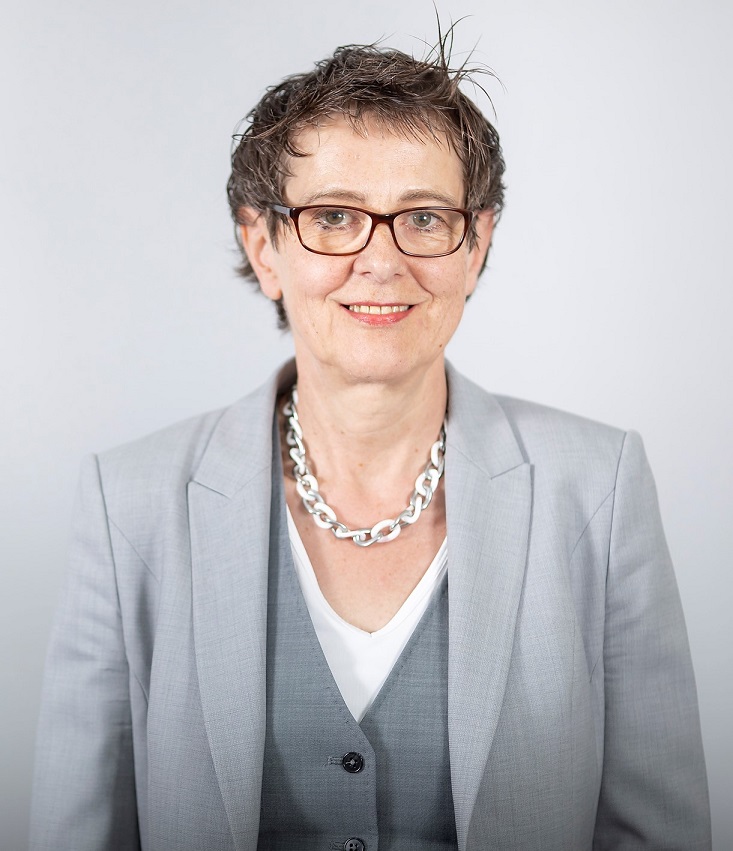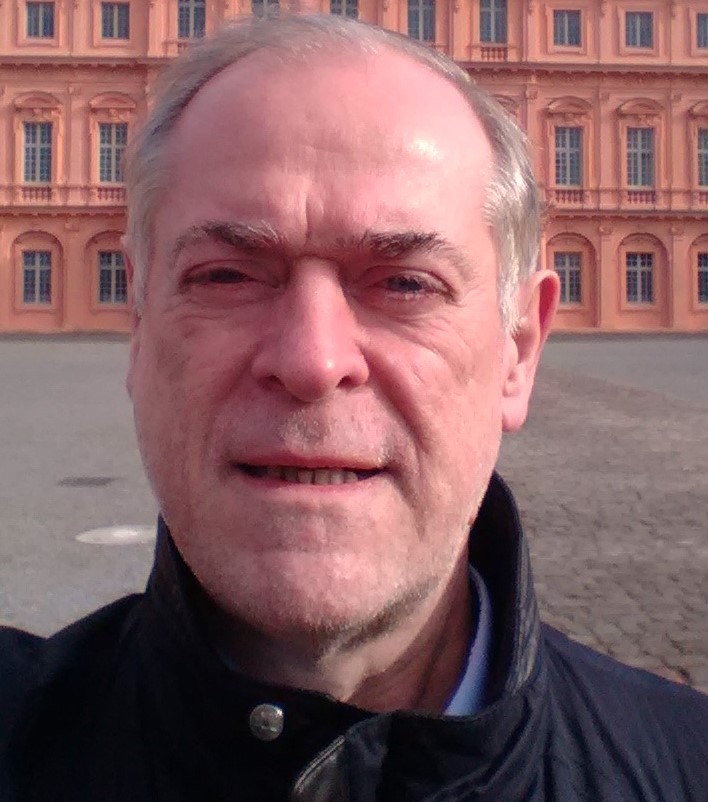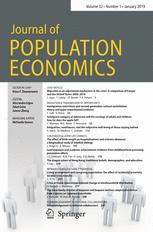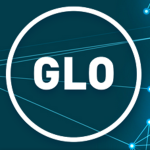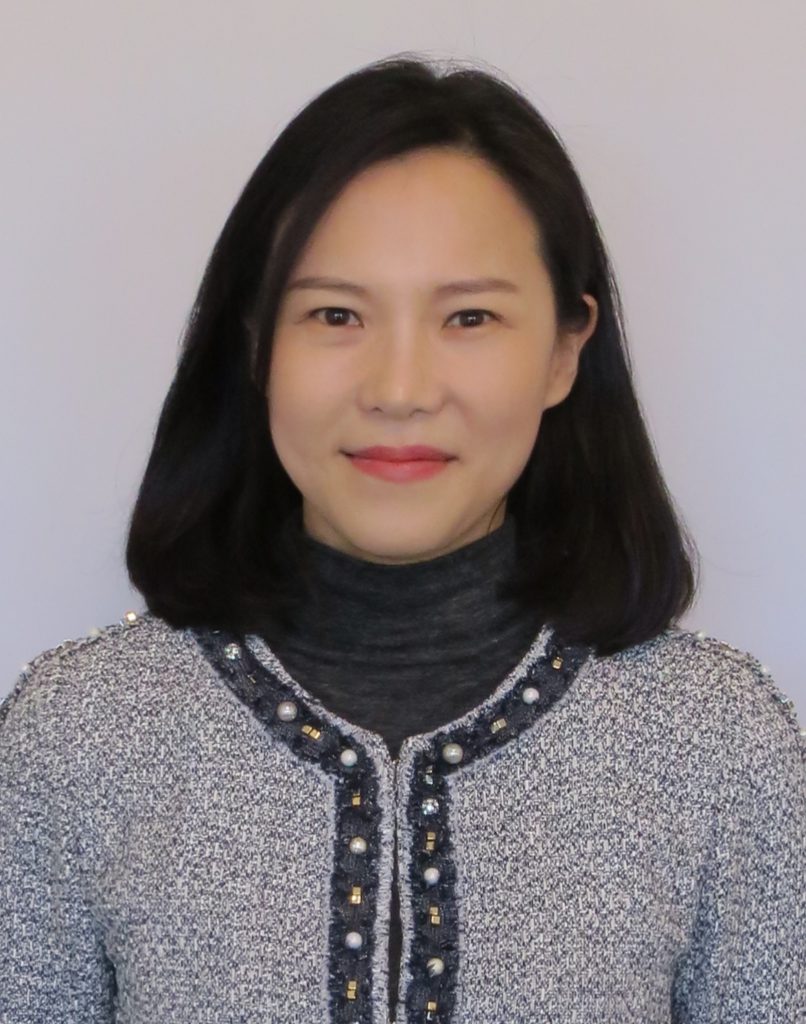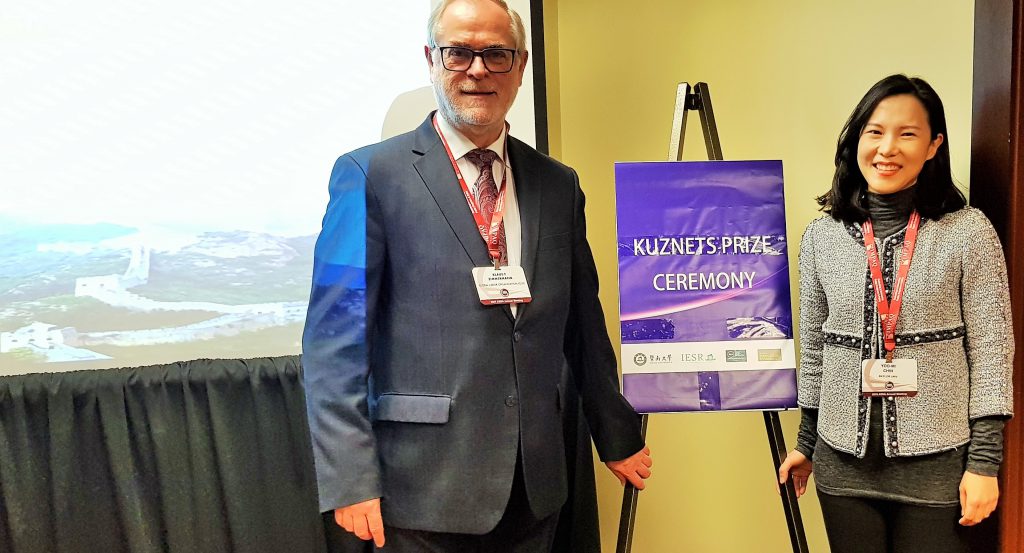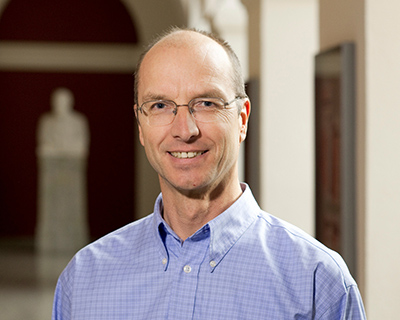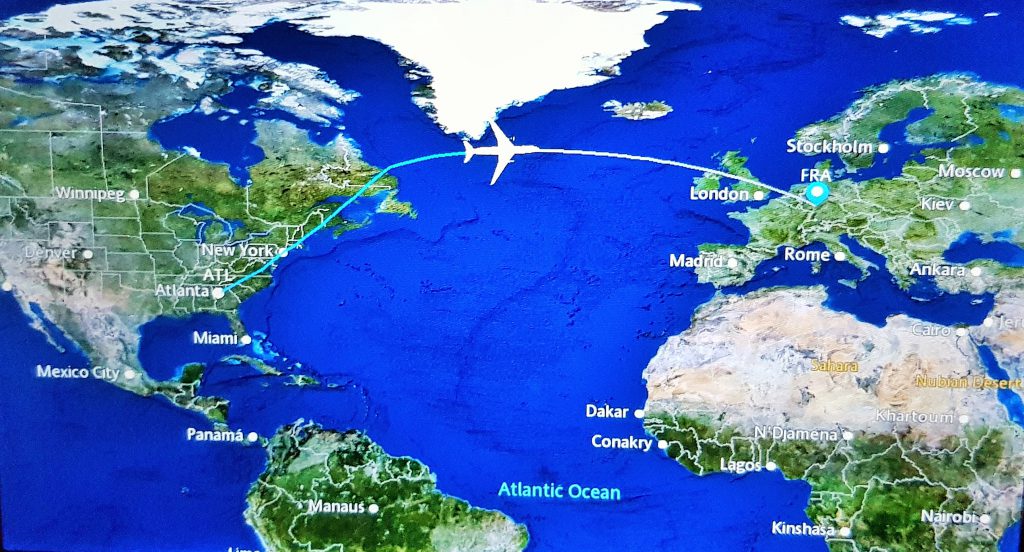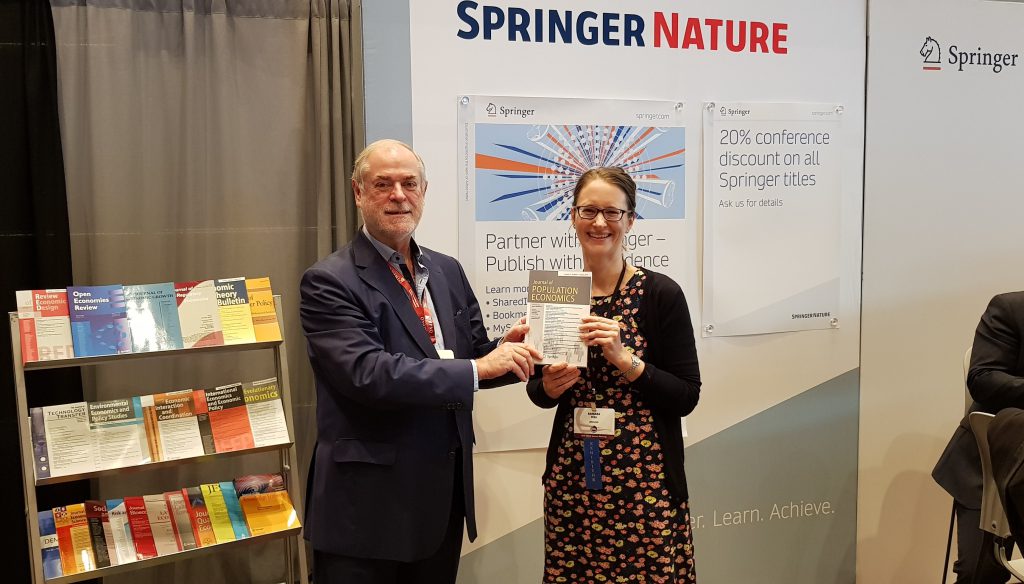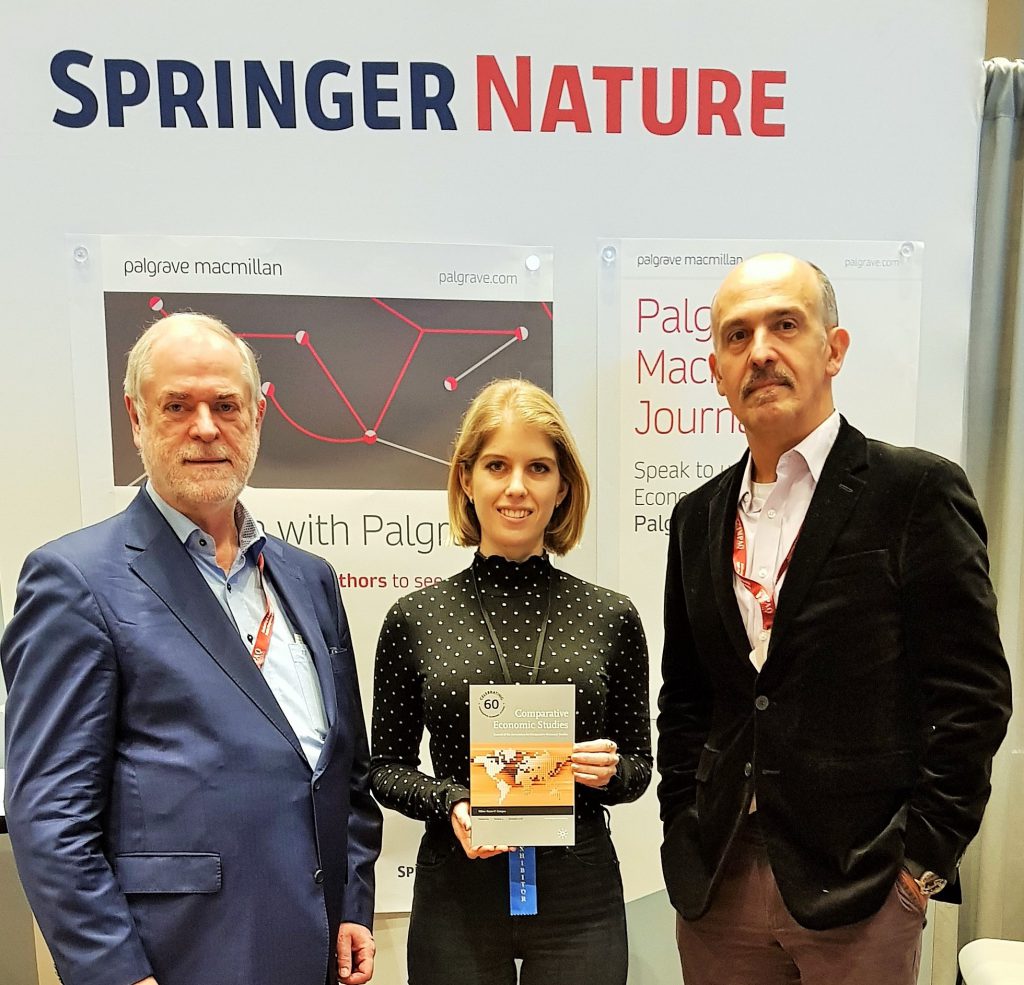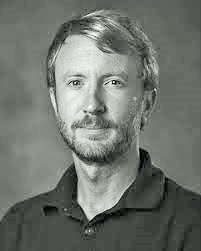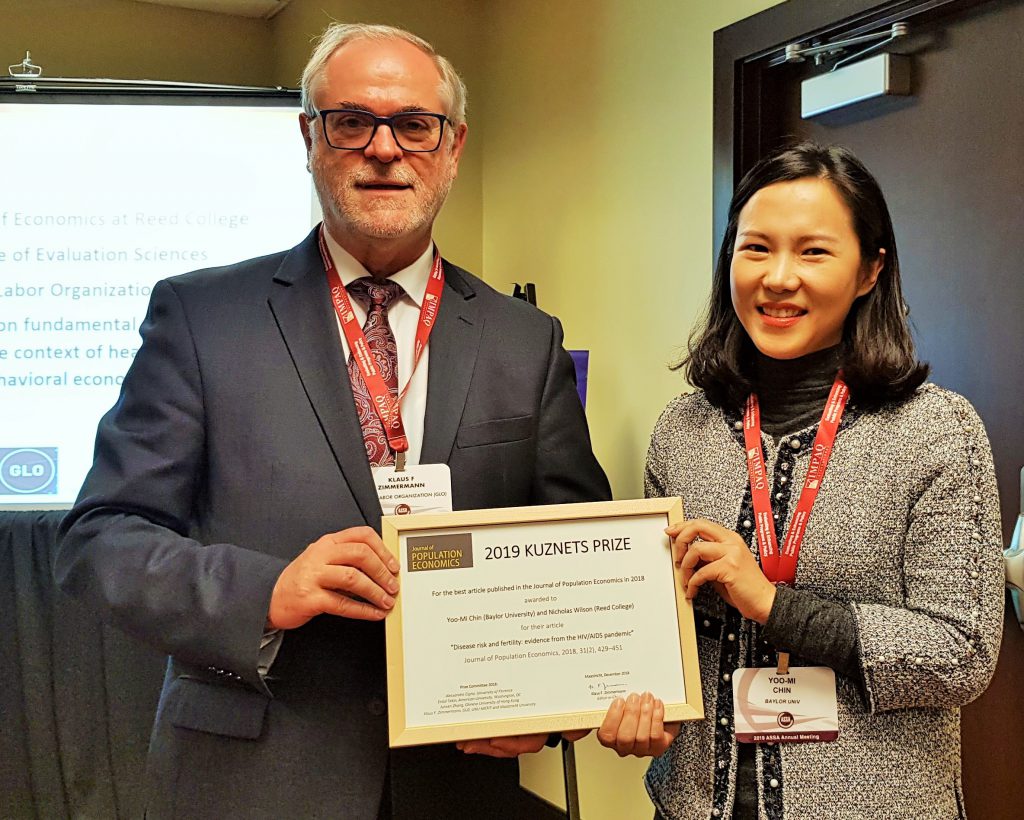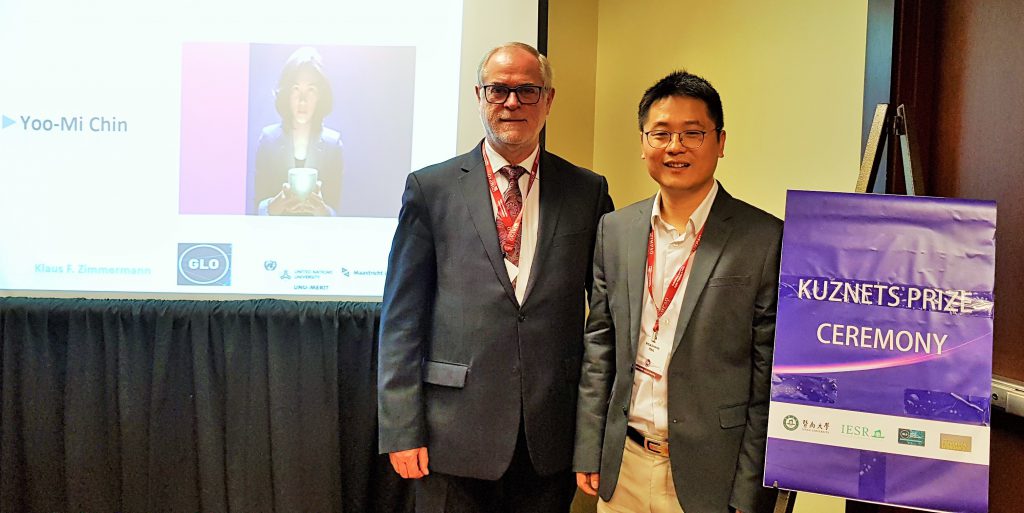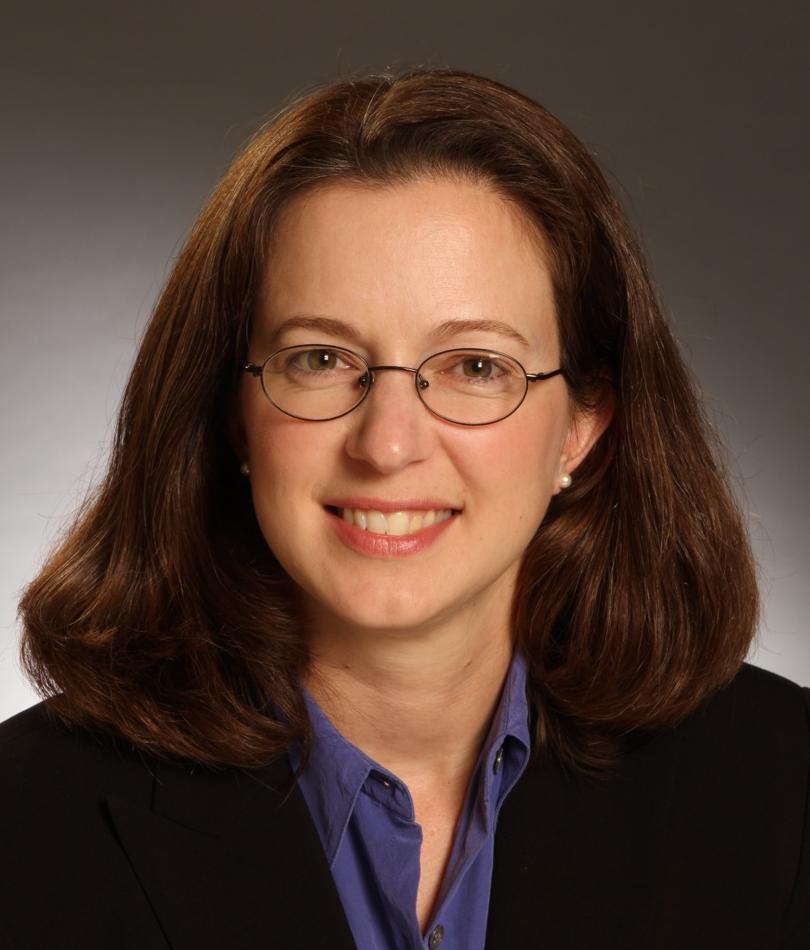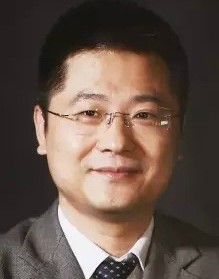The Faculty of Economic Sciences and Business Administration within Transilvania University of Brasov, in collaboration with the Institute for Economic Forecasting of the Romanian Academy cordially invites you to submit research papers for presentation and discussions at the third edition of the International Conference „Inclusive and sustainable economic growth. Challenges, measures and solutions” (ISEG 2019). The 2019 event is supported by the Global Labor Organization (GLO).
The conference will be hosted by Transilvania University of Brasov and will be held 31 May-1 June 2019 in the Transilvania University Hall, Street Iuliu Maniu no. 47A, Brasov.
The keynote speakers of the 2019 ISEG conference are:
Klaus F. Zimmermann, President of the Global Labor Organization (GLO); Co-Director of POP at UNU-MERIT; Full Professor of Economics at Bonn University; Honorary Professor, Maastricht University, Free University of Berlin and Renmin University of China, Beijing.
Filomena Maggino, Full Professor at Sapienza University of Rome; Editor-in-Chief of Social Indicators Research (Springer); Counsellor – Prime Minister Office – Italian Government (Conte’s cabinet); Editor-in-Chief of Encyclopedia of Quality of Life and Well-being Research; Past-President of the International Society for Quality Of Life Studies; President of the Italian Association for Quality of Life Studies.
The meeting will be an excellent opportunity for academics, researchers and doctoral students to present new research results and to discuss challenging issues on the topics of conference. The aim of this new series of conferences is to gather research interests and to stimulate collaborative research around actual macro- and microeconomic topics (as suggested below).
Topics:
We are inviting submissions of both empirical and theoretical work that fits into the conference topics. Being a multi- and interdisciplinary conference, we encourage submission of papers in the following broad research areas: economics, finance, marketing and management. Examples of suitable topics:
- Economic growth and convergence perspectives in the European Union: Measurement methods and new empirical evidence
- Public and Private Finance Sustainability in the Context of Current Economic Challenges
- Issues and challenges in the Romanian higher education
- Challenges and prospects of economic growth in South Eastern Europe
- New inequalities, multidimensionality and growth pro-poorness
- Business for sustainable development
- New approaches in marketing and management
Submission
Deadline for abstract submission is 1st of March, 2019, and for full paper submission is May 15th, 2019. Authors of accepted abstracts will be informed by the 1st of April, 2019.
Please submit your abstracts and full papers through the conference website!
Publication opportunities
All papers must be written and presented in English. A blind review process apply to all submissions. During the conference, one discussant will be assigned to each paper.
Accepted papers will be included in the conference proceedings volume, which will be sent for being indexed by ISI Proceedings volume (CPCI – Conference Proceedings Citation Index) under Clarivate Analytics (or former Thomson Reuters).
Selected papers from the conference may be subsequently published in one of the following journals, subject to the agreement and decision of editors:
Romanian Journal of Economic Forecasting
Journal of Smart Economic Growth
Bulletin of the Transilvania University of Brasov
Registration
The conference fee is 100 euro for each paper. The conference fee must be paid until the 26th of April by bank transfer, according to the indications which will be posted on the conference website. The fee covers the book of abstracts, the attendance certificate, as well as the access to all conference sessions, coffee breaks, lunch and festive dinner.
Best paper award
The “Best Paper Award” is granted to the best paper in the conference. Junior researchers are particularly encouraged to submit papers.
Updated information about the conference program, the organizing and scientific committees, and other related information will be posted on the conference website: http://unitbv.ro/iseg/
For any information related to the conference, please contact us: monica.szeles@unitbv.ro

Transilvanian University of Brasov 
Romanian Academy 
Global Labor Organization
Ends;

